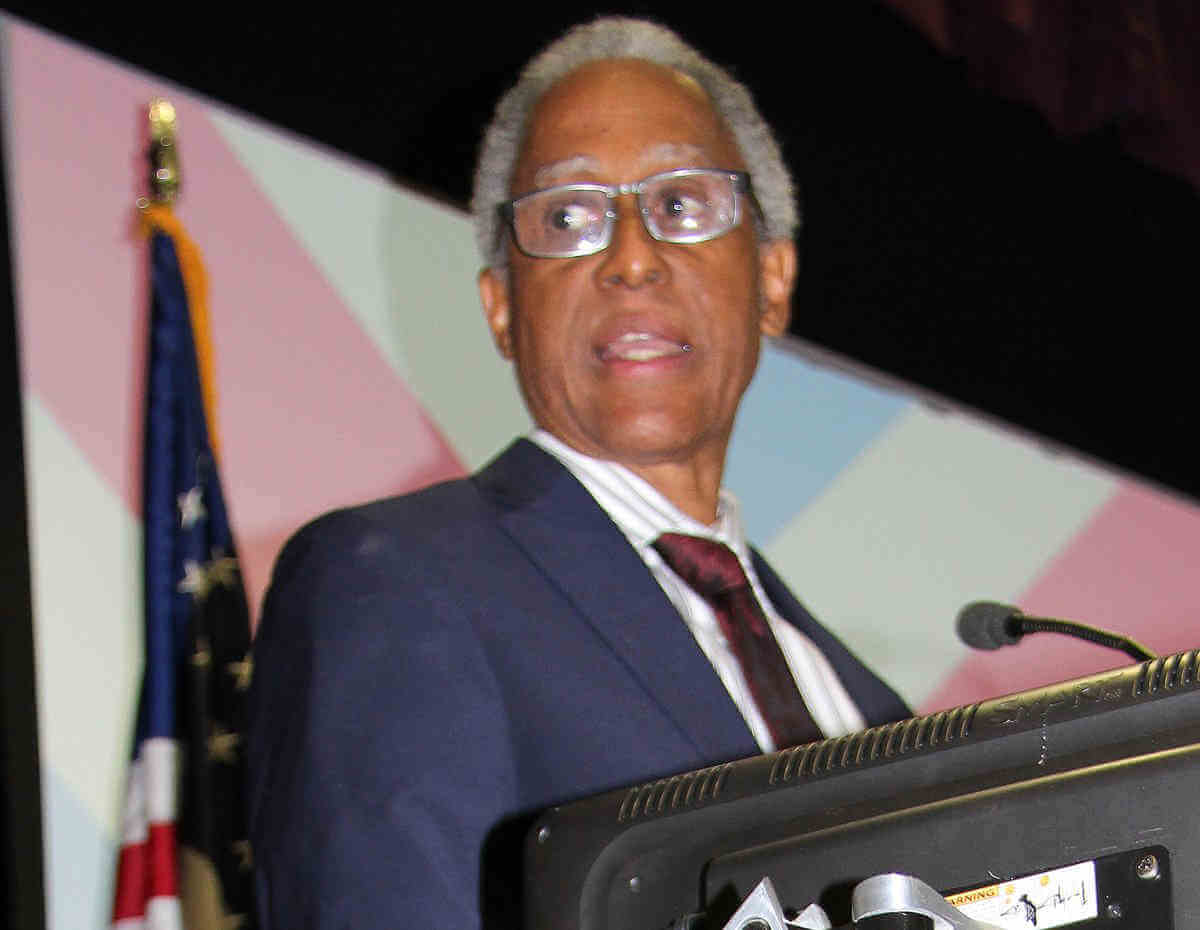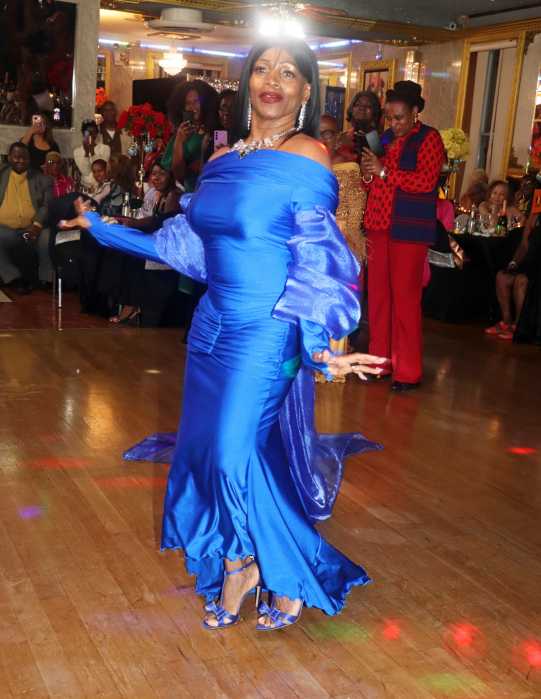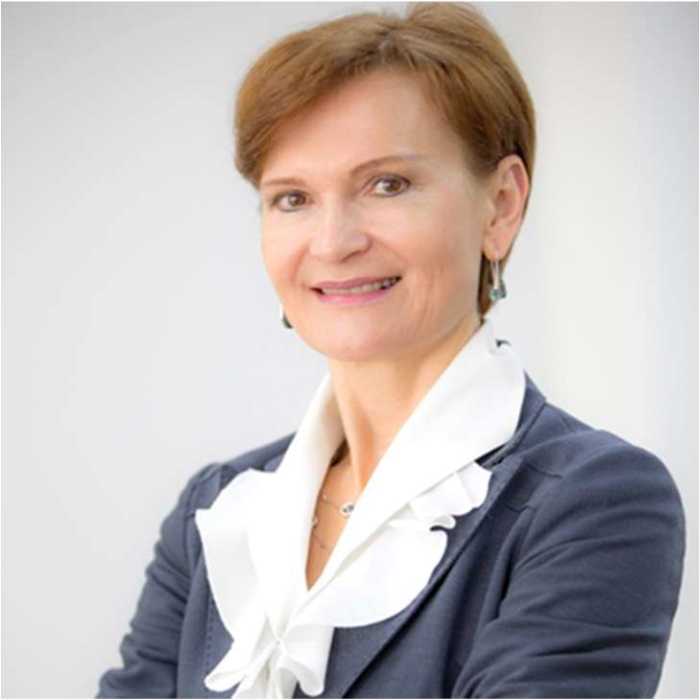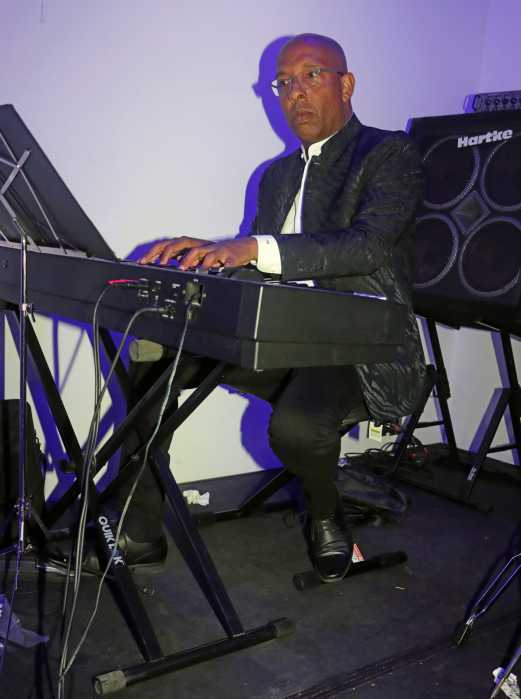In the wake of the referendum defeats in Grenada and Antigua and Barbuda in adopting the Caribbean Court of Justice (CCJ) as the region’s final court of appeal, the court’s chief justice has admitted that more still needs to be done to educate the public about the role of the court.
“I’m not worried about the referendum results in Antigua and Grenada; but what it tells us, we need more educational work,” said Justice Adrian Saunders in delivering the Maxwell Haywood Memorial Lecture Friday night at Medgar Evers College in Brooklyn.
Haywood, a Brooklyn-based Vincentian community activist, died a year ago after a short battle with cancer. He was also the chairman of the St. Vincent and the Grenadines Diaspora Committee of New York, Inc.
“So, if we don’t do that (educational work), who’s going to do it?” Justice Saunders asked. “So, if we’re going to advance, we need to know how we’re going to make our country more independent.”
Speaking on “The Role and Importance of the CCJ in advancing the Caribbean Civilization,” Vincentian-born Saunders pointed to what he said were two principal reasons for the defeat of the referendum in Grenada and Antigua and Barbuda.
“Firstly, it is a fact that people have unhappy experiences with their local justice systems,” he said. “If the court is held in a less than adequate courthouse; if the courtroom is stiflingly hot; if the case is adjourned again and again and again; if a murder accused spends 10 years on remand before his case is heard; then the idea of replacing a British institution (Privy Council) with a Caribbean one is instinctively unappealing.”
But Justice Saunders said “that’s where the second reason kicks in,” stressing: “We have not done enough to inform and educate people about the CCJ.
“In Antigua, those who led the ‘no’ vote claimed that we were a shiny new attic on a termite ridden house,” he said. “That analogy is specious. Firstly, the CCJ is not an organic part of the local justice system. The CCJ is a separate house.
“And not only are there no termites in this house, but we are organised in such a way as to help get rid of any termites that might exist elsewhere,” he added.
Justice Saunders — who assumed the presidency of the CCJ in July this year — said a Caribbean Court, staffed with the best Caribbean judges, “is able to give greater effect to our aspirations as a people.”
He said that, for the last 13 years, the CCJ has been “dispensing justice for Barbados and Guyana to the satisfaction of the peoples of those countries.”
He said that when former Barbados Prime Minister Freundal Stuart made what he described as “uncomplimentary statements” about the CCJ in the lead up to the last general elections in Barbados earlier this year, “he was roundly condemned by the ordinary man and woman of Barbados.
“The CCJ is more than capable of handling the region’s appeals,” Justice Saunders underscored, adding: “If we are to advance as a people, politics and political tussles are important for a healthy democracy.
“But there are eternal core human values that are overarching — truth, compassion, cooperation, caring, courtesy, empathy, hard honest labour,” he continued. “These are values opposition and government alike, and, indeed, all the people, must promote.”
But Justice Saunders said there is another value, which he said is paramount — “one that is vital for us in the Caribbean with our fractured experiences of slavery and colonialism. That other value is self-belief; a clear sense of ourselves; an understanding of our worth as human beings; an appreciation that we are not inferior to anyone, and that we have the capacity to forge our own destiny.”
Saunders said a major step forward in self-reliance came when the Caribbean Community (CARICOM) established the CCJ in 2003.
He said the CCJ is “two courts in one: It is a CARICOM treaty court, like the European Court of Justice, and it is a final court of appeal, like the US Supreme Court, or like the British Privy Council.”
Based in Port of Spain, the Trinidad and Tobago capital, the CCJ essentially has two jurisdictions — original and appellate.
In its original jurisdiction, the CCJ interprets and applies the Revised Treaty of Chaguaramas, which established CARICOM, and is an international court with compulsory and exclusive jurisdiction regarding interpretation of the treaty.
In its appellate jurisdiction, the CCJ hears appeals as the court of last resort in both civil and criminal matters from CARICOM member-states, which have ceased to permit appeals to the Judicial Committee of the Privy Council (JCPC).
Effective March 2015, Barbados, Belize, Dominica and Guyana have replaced the JCPC’s appellate jurisdiction with that of the CCJ.
Justice Saunders said if all CARICOM nations make the CCJ their final court of appeals, “we’ll be doing a great service to our children and our children’s children.”



























